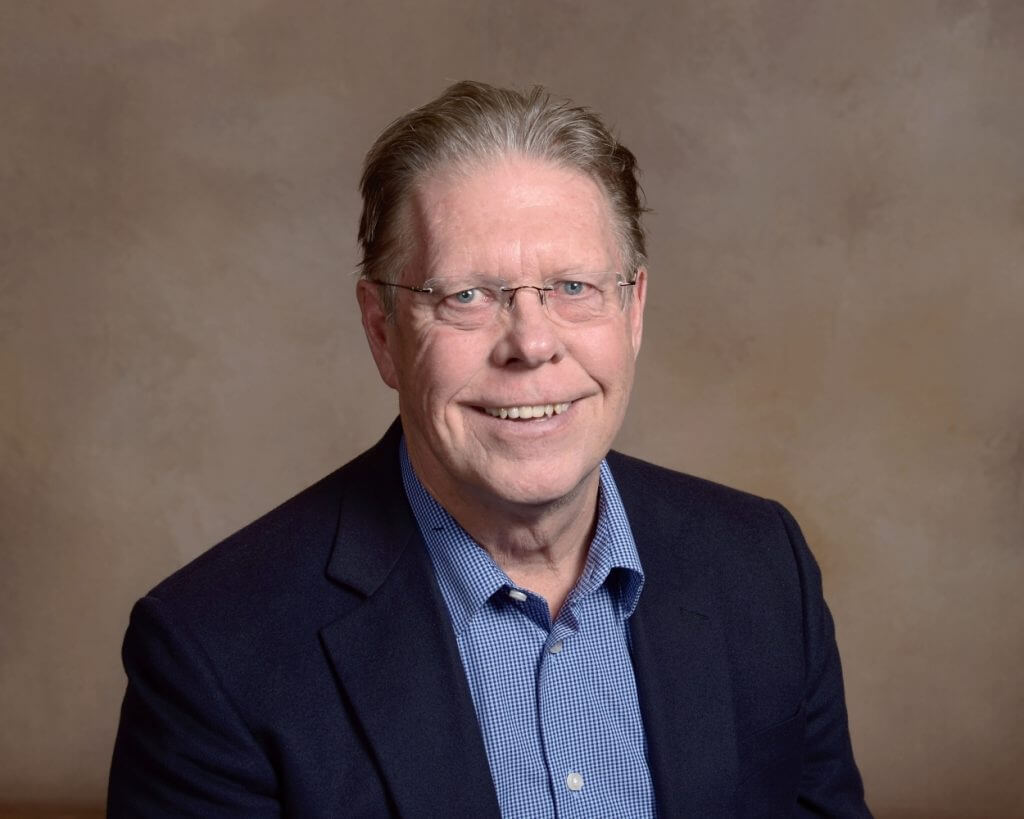
For the last couple of decades I’ve been struggling with postmodernism and its implications for an idealistic faith such as ours. Postmodern thought holds that all truth is culturally constructed—quite the opposite of Ralph Waldo Emerson who considered truth—though individually refracted—a universal ideal: “There is a power above and behind us,” he wrote. “It is called truth…. The moment we cease to report and attempt to correct and contrive, it is not truth.”
This conflict between postmodernism and idealism is clearly illustrated in a now-famous article that the former Wall Street Journal reporter Ron Suskind contributed to the Sunday, October 17, 2004 New York Times Magazine. In it Suskind described a meeting he had two years earlier with a senior advisor to the President. The aide dismissed Suskind’s concerns with a crisp “guys like you are ‘in what we call the reality-based community’ which he defined as people who ‘believe that solutions emerge from your judicious study of discernible reality.’ But that’s not the way the world works anymore, the Presidential advisor went on, ‘We’re an empire now, and when we act, we create our own reality. And while you’re studying that reality…we’ll act again, creating other new realities…. We’re history’s actors…and you, all of you, will be left to just study what we do.’”
Leaving aside the hubris displayed in this remark, I’ve been struck with its blithe attitude regarding truth. Is truth a matter of decisive, persuasively argued action? Or is there more to it? Something deeper, perhaps? Or more measurable somehow? Pontius Pilote’s famous question to Jesus is not an easy one to answer, if at all. Are there levels of truth? Metaphorical truth, surely, is different from scientific truth? Which is truer?
Some things are true, all right, but not the whole or only truth. This is the case, it seems to me, in all that’s implied from the above conversation between the senior Presidential aide and Mr. Suskind. I’ve studied enough history and classical drama to appreciate the effectiveness and value of acting boldly. In interviews then-President Bush repeatedly declared his favorite former President to be Theodore Roosevelt, a man of incredible vitality and forward push. It was TR who said “It is not the critic who counts: not the man who points out how the strong man stumbles or where the doer of deeds could have done better. The credit belongs to the man who is actually in the arena…who strives valiantly, who errs and comes up short again and again…but who knows the great enthusiasms, the great devotions, who spends himself for a worthy cause….”
Roosevelt words have the ring of truth, to be sure. But they are not the whole truth, it seems to me. The whole truth is more complex and is mediated by other forces, forces the ancients called gods, but that we more often think of as enemy powers, limited funds, public expectations, chance, and the loyalty or treachery of one’s associates. History’s actors have it within their power to write the script all the rest of us are forced to act out—or at least it seems so during the opening few acts. After setting things in motion, however, they must contend with other forces. This is what’s meant by karma, and it includes both inner/psychological and outer/political dimensions. By Act V, the anguished and overwhelmed kings Macbeth, Lear, and Richard III have all been hoist by their own petards—along with everyone else who got caught up in their bold designs. The same can be said for countless historical figures, from Jefferson Davis to Lyndon Johnson to George W. Bush. Who will be next?
The belief that ideals are superfluous is equally wrong-headed. Or so it seems to me. To counter this idea I will continue to come out of Ralph Waldo Emerson, and the other idealists who first promulgated our faith and the others who have followed suit up through today. Suskind’s article ultimately inspired a new interest group calling themselves the “Reality-based Community”: people who think that “solutions emerge from judicious study of discernible reality.” I’m one of them. Are you?
In faith, Steve
